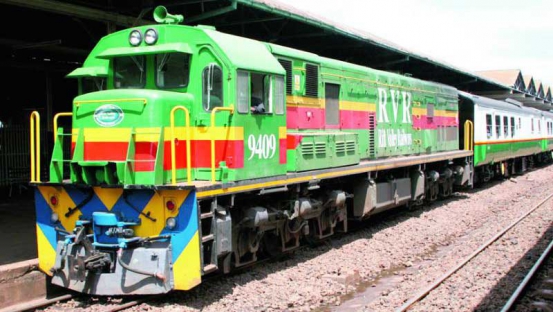×
The Standard e-Paper
Home To Bold Columnists

When the Standard Gauge Railway started operations last week, it ushered in a new era of speed, efficiency and cost-effectiveness on rail. It will bring competition on the Mombasa-Nairobi route.
The freight train made a maiden trip Tuesday but is not expected to be in operation until December. That is when cargo shippers expect to see a radical shift in the amount of money charged by transporters.